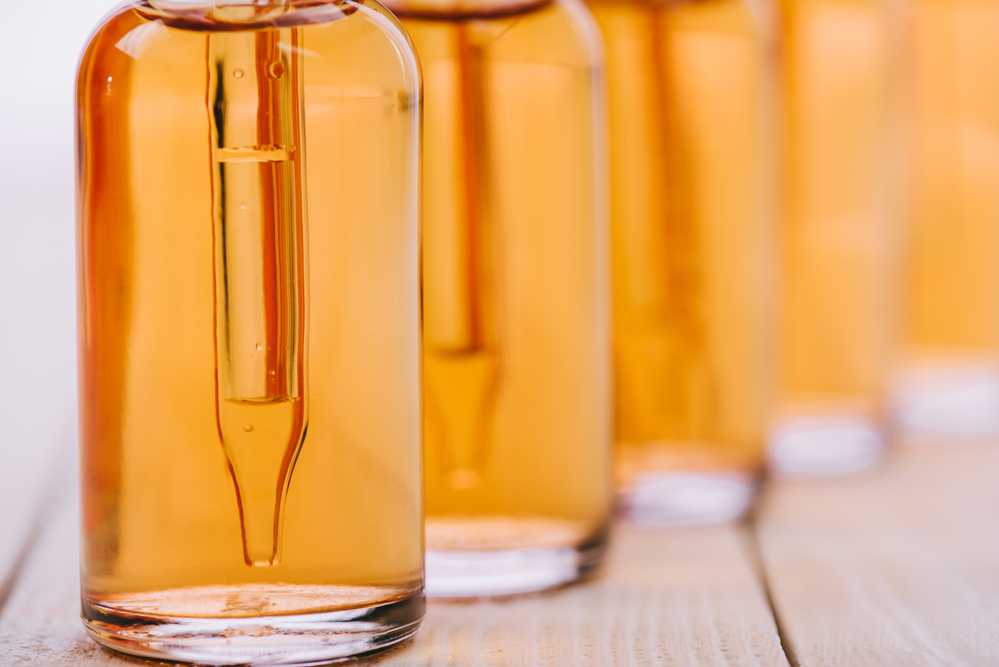CBD is arguably the hottest remedy in the holistic market right now – and while popularity doesn’t always translate into effectiveness, CBD shows promising results for treating everything from chronic pain to anxiety to epilepsy. But CBD is sold in several different forms, and the one you take can have a severe impact on how effective it is. Full-spectrum CBD offers a more potent form of CBD, and it can be a practical choice of treatment even if other forms of CBD haven’t worked very well for you. Here’s everything you need to know about broad-spectrum CBD.
The Difference Between Full-Spectrum and Other Forms of CBD
Next, we need to understand what distinguishes full-spectrum CBD from other forms you’ll find on the market. The most common form available is known as CBD isolate. It’s called that because it isolates the CBD exclusively. CBD on its own can have some tremendous therapeutic benefits, but it’s only one extract that comes from a cannabis plant.
While both CBD isolate and full-spectrum CBD are extracted from the hemp plant, the actual process is slightly different. Rather than extract out the CBD and leave everything else behind, full-spectrum CBD extracts the full spectrum of components. That includes essential oils, other cannabinoids, and even trace amounts of THC – the psychoactive chemical in marijuana. Just don’t expect to get high in the same way you would off a joint. Full-spectrum CBD can only contain a maximum of 0.3% THC.
The Advantages of Full-Spectrum CBD
While CBD isolates can offer some minor therapeutic advantages, they can’t compare to full-spectrum CBD efficacy. That’s because each of those elements in the hemp plant contains its favorable properties. Combining them in conjunction with one another magnifies each of those effects in meaningful ways. And while proper medical research into these effects is still early, they’re looking very promising.
In particular, full-spectrum CBD is getting a lot of traction as a treatment method for a whole constellation of mental disorders. It’s a recommended choice for post-traumatic stress disorder, anxiety, or obsessive-compulsive disorder. It can be used as a pain reliever, a treatment for seizures, or a way to minimize muscle spasms. Taking full-spectrum CBD with regularity can also offer some more general-purpose benefits. CBD is a powerful antioxidant, and it’s also an effective anti-inflammatory. CBD and THC in conjunction with each other produce better results, and new research seem to reveal new potential effects every few months. It will be a while before we have a full survey of how well full-spectrum CBD works, but it’s safe enough to use and provides enough recognized effects to be worth your time.
The Disadvantages of Full-Spectrum CBD
If there’s any disadvantage to full-spectrum CBD, it comes from the stigma associated with THC. While the amounts there are minimal and aren’t enough to get you high, there are still concerns that the presence of THC in these products could be potentially illegal. That’s simply not the case. Full-spectrum CBD is legal throughout the United States as long as products contain no more than 0.3% THC. At that level, you shouldn’t be at any risk when taking a drug test.
What that means is that you simply need to be smart about who you do business with. Legal full-spectrum CBD will be clearly labeled and professionally packaged. A company like Healist Nature can provide you with broad spectrum CBD that you can rely on to safely provide you with the results you need.

